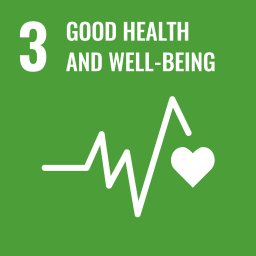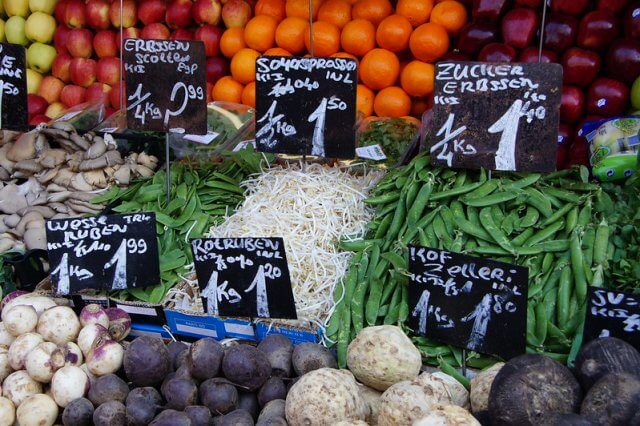The action and its aims
The ACTIVITAL programme in 10 of Cuenca’s public schools involved teachers using an interactive toolkit in classrooms to educate children aged 11 to 16 on healthy eating and physical activity, combined with workshops for parents and school shop staff, and social events. In another 10 schools the normal curriculum was followed, to allow comparison on food habits and health parameters. The aim was to test the value of a comprehensive approach involving children, parents, and teaching and catering professionals for education and awareness-raising.
When it was introduced
The programme was introduced in 2009 and ran for three years.
Why it was needed
A school-based approach was adopted to curb rising obesity rates in Ecuador, due to adoption of Western-style diets and lack of physical exercise.
Who initiated it, who is involved
The programme was initiated by researchers from Cuenca University, in partnership with Ghent University in Belgium. It relied on teacher participation, which was voluntary since ACTIVITAL was not part of the curriculum.
Impacts to date
As a result of the programme, children in the intervention schools decreased their added sugar and processed snack food intakes, as well as their waist circumference and blood pressure across all socioeconomic groups. The same impacts were not seen in the 10 schools with no intervention.
More information: A similar action is the Giocampus programme in Parma (Italy), which is a public-private alliance to address child obesity through nutritional and physical education in schools.






